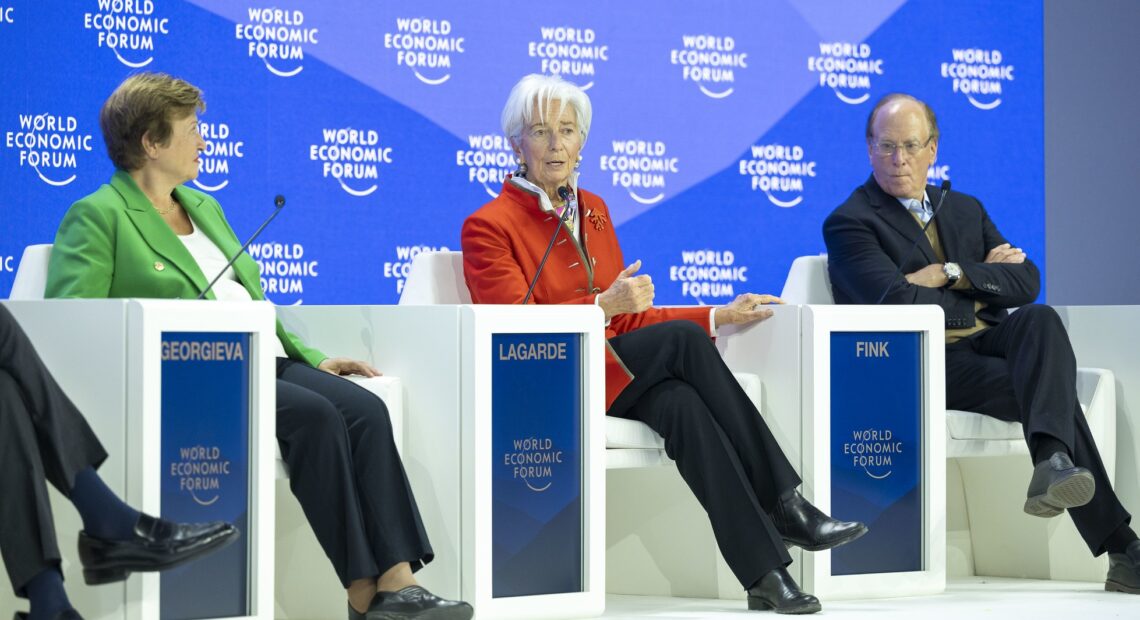World leaders outline bold visions for the future

At annual meeting 2025 in Davos
Global leaders at the World Economic Forum Annual Meeting in Davos have unveiled ambitious plans and shared compelling visions for the world’s future.
This year’s event, which brought together around 3,000 policymakers, business leaders, and activists, was marked by high-profile speeches, including one from US President Donald J. Trump, who laid out an economic strategy to revitalise the US economy.
In a live video address, President Trump outlined “the largest tax cut in American history,” detailing plans to slash the corporate tax rate from 21% to 15%. He also promised “massive” tax cuts for workers and families, stating that the reductions would encourage job creation and investment.
Trump further unveiled an initiative to accelerate the approval process for new energy projects, focusing on increasing domestic oil production. “The United States has the largest amount of oil and gas of any country on Earth, and we’re going to use it,” Trump said, asserting that this would benefit the country’s burgeoning AI and cryptocurrency sectors.
Trump also cited energy prices as a key factor in global geopolitics, suggesting that lowering oil prices could help end the Ukraine-Russia conflict. He called on Saudi Arabia and OPEC to reduce oil costs, stating, “Right now, the price is high enough that that war will continue.”
Trump-Putin meeting?
Trump further stressed his intention to meet with Russian President Vladimir Putin to discuss the war, calling for a peace agreement in the interest of global stability.
While Trump’s address dominated headlines, other world leaders made waves with their speeches. Pope Francis, through a letter read by Cardinal Peter Kodwo Turkson, addressed the challenges posed by the rapid advancement of artificial intelligence.
The Pope called on governments, businesses, and international institutions to adopt AI in ways that promote the common good and maintain ethical accountability. He highlighted the dangers of AI exacerbating misinformation and eroding truth in public discourse, urging a collaborative approach to ensure that AI serves humanity’s best interests.
“AI has the potential to produce outputs indistinguishable from human creations,” the Pope’s letter cautioned, “which raises profound ethical concerns.” He stressed the importance of collaboration to ensure AI contributes to a just and united global society.
Another notable speaker, Argentinian President Javier Milei, offered a starkly different perspective on economic policy. In a passionate speech, Milei urged global leaders to “break free” from traditional financial models and embrace bold reforms.
He criticised the status quo, claiming that the policies of the past 40 years had failed and needed radical change. Drawing attention to Argentina’s ongoing economic recovery, Milei described the country as an example of fiscal responsibility and commitment to tackling inflation. He suggested that the world could learn from Argentina’s financial approach.
The final keynote address, delivered by Nobel Prize-winner Muhammad Yunus, the chief adviser to the Bangladesh government, focused on the power of youth and the importance of embracing generational change.
Yunus spoke passionately about the student-led protests in Bangladesh, which led to the fall of a 15-year dictatorship in July 2024. “This is the most powerful generation in human history,” Yunus declared, urging global leaders to support and uplift young people.
He stressed the role of technology in transforming the younger generation, describing them as “global young people” rather than being confined by national boundaries.
The 2025 World Economic Forum discussions reflect a rapidly shifting global landscape. Bold new ideas and voices are emerging as crucial to addressing the world’s economic, political, and technological challenges. As the event continues, leaders remain focused on fostering collaboration to navigate the complexities of the Intelligent Age and secure a more prosperous future for all.
Image: This year’s World Economic Forum Annual Meeting in Davos brought together around 3,000 policymakers, business leaders, and activists. Credit: WEF













